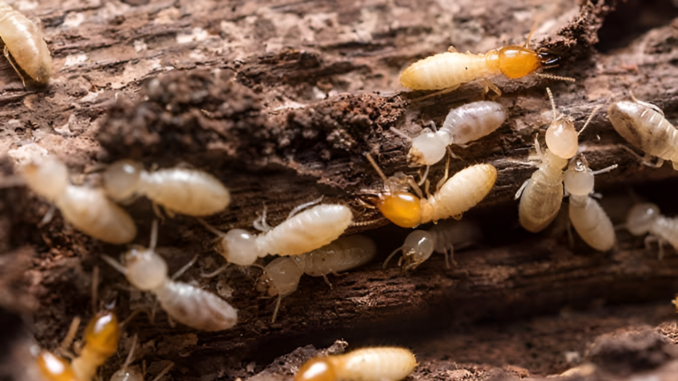
Termite Control Costs in Harare and Zimbabwe: A Comprehensive Guide
Looking at termite control costs in Harare and Zimbabwe? Call 0772593344 for affordable and reliable options
Termites, those silent destroyers of wood, can cause significant damage to homes and businesses in Harare and Zimbabwe. If you suspect a termite infestation, knowing the cost of termite control is crucial to make informed decisions. This article provides a detailed breakdown of termite control costs in Harare and Zimbabwe, encompassing various factors that influence the price.
Factors Influencing Termite Control Costs
Several factors play a role in determining the final cost of termite control, including:
Type of Termite Infestation: The type of termite infestation significantly impacts the cost. Drywood termites are typically more challenging to treat than subterranean termites, leading to higher treatment expenses.
Severity of the Infestation: The extent of the termite damage, the number of affected areas, and the overall infestation size determine the cost. Larger infestations require more extensive treatments, increasing the price.
Size of the Property: Larger properties naturally require more treatment, impacting the cost.
Type of Treatment: Various termite control methods are available, each with varying costs. Options include liquid treatments, baiting systems, and fumigation.
Accessibility of the Infested Areas: Difficult-to-reach areas may necessitate specialized equipment and techniques, increasing the price.
Location: Termite control costs may vary slightly across different areas in Harare and Zimbabwe due to factors like labor costs and availability of materials.
Pest Control Company: Different pest control companies offer different rates and packages. It’s essential to compare quotes from multiple reputable companies.
Common Termite Control Methods and Costs
Here’s a breakdown of common termite control methods and their estimated costs in Harare and Zimbabwe:
1. Liquid Termite Treatments:
Cost: Starting from $100 – $500 for a small home, up to $1000 or more for larger properties.
How it Works: A liquid insecticide is applied directly to the soil around the foundation of the house, creating a barrier to prevent termites from entering.
Advantages: Effective, long-lasting protection, cost-effective for smaller infestations.
Disadvantages: May require multiple applications, not suitable for all types of infestations.
2. Termite Baiting Systems:
Cost: $50 – $200 per station, with multiple stations needed for effective treatment.
How it Works: Bait stations containing slow-acting insecticides are placed in areas where termites are active. Termites feed on the bait, carrying the insecticide back to their colony, eliminating them gradually.
Advantages: Environmentally friendly, less invasive, effective for both subterranean and drywood termites.
Disadvantages: May take longer to achieve results, requires regular monitoring and bait replenishment.
3. Fumigation:
Cost: $1000 – $3000 or more depending on the size of the property.
How it Works: The entire structure is sealed, and a fumigant gas is injected to kill all termites.
Advantages: Effective for large infestations, eliminates all stages of termites.
Disadvantages: Requires evacuation of the property, can be hazardous if not performed correctly, expensive.
4. Other Treatments:
Spot Treatments: For localized infestations, a targeted insecticide application can be employed.
Heat Treatment: This involves using high temperatures to kill termites. It is typically reserved for severe infestations and may not be suitable for all structures.
Getting Quotes and Choosing a Pest Control Company:
Contact Multiple Companies: It’s essential to get quotes from at least three reputable pest control companies.
Compare Quotes: Analyze the quotes, considering the type of treatment, warranty, and company reputation.
Ask for References: Request references from previous clients to assess the company’s experience and customer satisfaction.
Choose a Licensed and Insured Company: Ensure the company is licensed and insured for termite control services.
Prevention is Key:
Regular Inspections: Annual termite inspections by a qualified professional can help detect infestations early.
Moisture Control: Termites thrive in moisture. Address leaks, remove wood debris, and ensure proper ventilation to discourage termites.
Inspect Wood: Regularly inspect wood structures for signs of termite damage, such as mud tubes, frass (wood dust), and wood that sounds hollow when tapped.
Conclusion:
Termite control costs in Harare and Zimbabwe vary significantly depending on numerous factors. By understanding these factors and following the guidelines outlined in this article, you can get accurate quotes and make informed decisions about termite control for your property. Remember, prevention is always better than cure. Regular inspections and proper maintenance can significantly reduce the risk of termite infestation and the associated costs.
